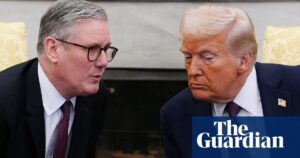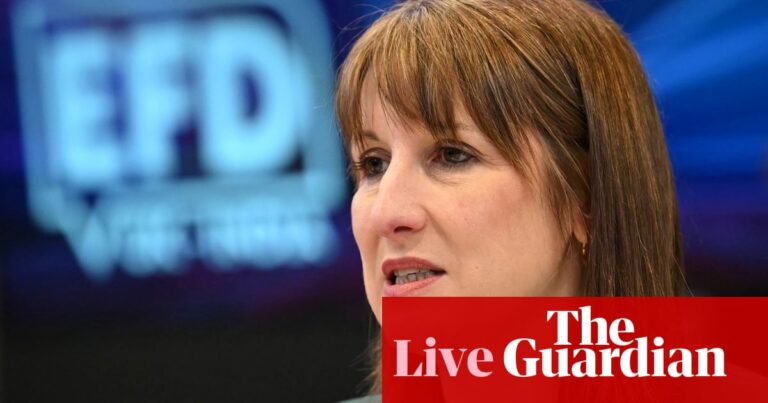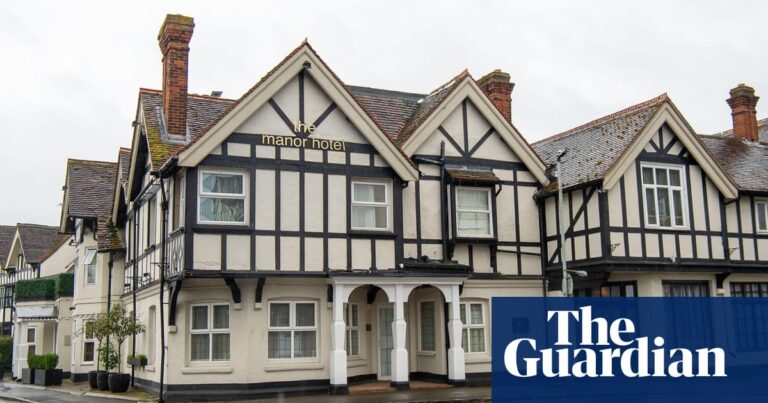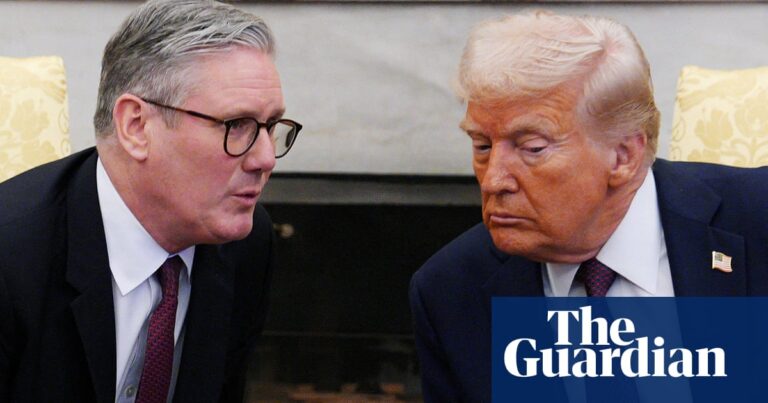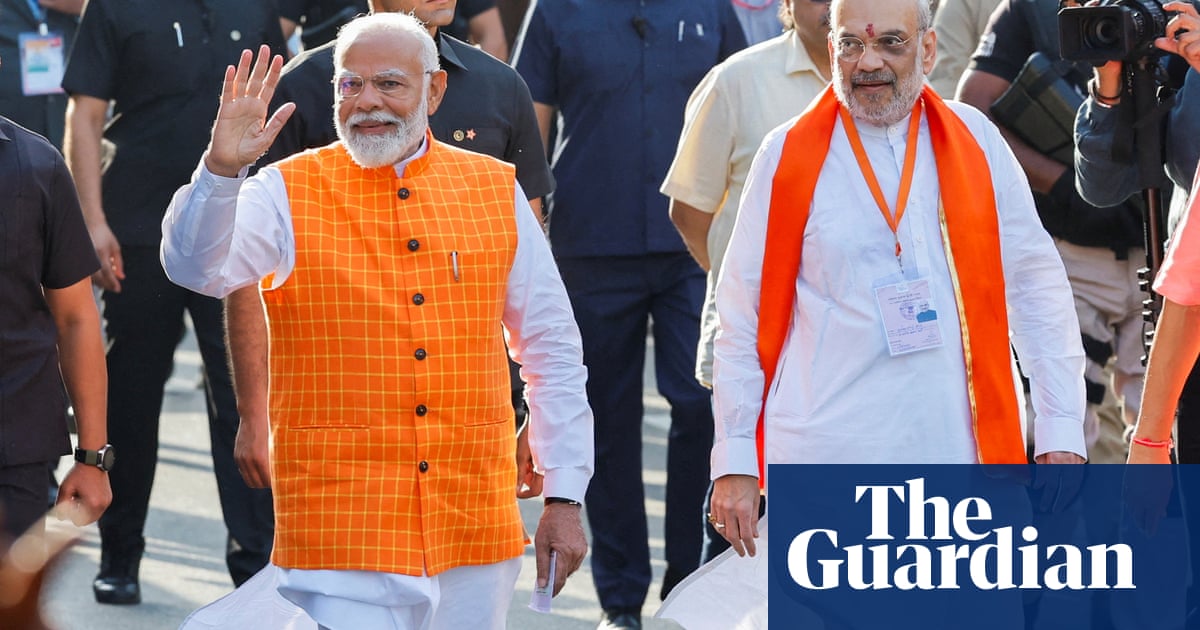
The Canadian government has publicly alleged that India’s home affairs minister, Amit Shah, the prime minister, Narendra Modi’s, closest political ally, was behind a recent series of plots to murder and intimidate Sikh separatists on Canadian soil.
Testifying before a parliamentary committee, the Canadian deputy foreign affairs minister, David Morrison, acknowledged he had leaked information to the Washington Post about Shah’s alleged role in a campaign of violence and threats against the Sikh diaspora over the last few years.
Morrison confirmed he had given the information to the newspaper, which then published a story last month naming Shah. “The journalist called me and asked if it [Shah] was that person. I confirmed it was that person,” he said. He gave no further details on how Canadian officials had linked Shah to the investigation.
The Indian government has not responded to the specific naming of Shah, who is number two in the Modi government, but has previously dismissed Canada’s allegations as baseless, absurd and politically motivated. It has also accused Canada of harbouring terrorists who are a threat to India.
The allegation follows an explosive press conference last month, where senior Canadian police officials accused India’s ambassador to Canada, as well as several senior diplomats and consular staff, of involvement in “criminal” activities in Canada, including homicides, extortion, intimidation and harassment. They alleged that the threats were primarily against members of the Indian Sikh diaspora community living in Canada.
Senior police officials have also accused Indian diplomats of involvement in the murder of Hardeep Singh Nijjar, a Sikh separatist activist who was gunned down outside a gurdwara in a suburb of Vancouver last year.
Canada expelled the Indian diplomats in response. India followed suit, with the senior Canadian diplomats told to leave Delhi within the week, as relations between the two countries hit historic lows.
Canada claims to have presented India with intelligence linking Indian government officials to illegal activities, including assassinations, that have taken place in Canada. India claims it has not seen any compelling evidence and has refused to cooperate with the Canadian investigation.
The Canadian prime minister, Justin Trudeau, said Canada had attempted to use backroom discussions with India to discuss and resolve the issue but had met denials. At a parliamentary hearing last month, Trudeau said Canada had clear intelligence linking Indian diplomats to “drive-by shootings, home invasions, violent extortion and even murder in and across Canada”.
India is facing wider allegations of carrying out a campaign of transnational repression, including assassinations, of Sikhs living abroad associated with the separatist Khalistan movement. While the movement is banned in India and has little domestic support, it remains active among the large Sikh diaspora living in North America and the UK. Indian officials have said they fear vocal Sikh activists will stir up violence in the north Indian state of Punjab.
In the US, a justice of department indictment made public last year has accused an Indian government agent of attempting to orchestrate the murder-for-hire of Gurpatwant Singh Pannun, a Sikh separatist leader and lawyer who lives in the US. Investigators have charged the former Indian agent Vikash Yadav – who was working for Indian intelligence at the time he was allegedly formulating the plot – and his Indian associate, and described the case as a “grave example” of transnational repression.
So far, Canada has arrested three Indian citizens it alleges were part of the hit squad that shot and killed Nijjar. However, they have yet to press charges against any Indian government employees and say their investigation is continuing.
The accusations have tested Washington and Ottawa’s relations with India, a country often viewed by the west as a counterbalance to China and a growing economic powerhouse.
Source: theguardian.com







